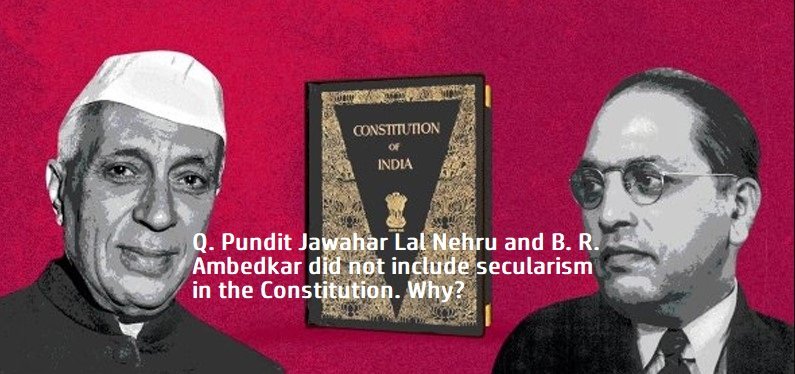India as a Secular State: India is a secular state as outlined in its Constitution, meaning that it maintains neutrality […]
Category Archives: Indian Polity & The Constitution of India
Reasons for the Growth of Public Interest Litigation (PIL) in India: Public Interest Litigation (PIL) in India has evolved as […]
In recent times, the Union Government of India has introduced several changes and initiatives that have affected the domain of […]
Government Policies, Indian Polity & The Constitution of India, UPSC
Q.12. Right to privacy is intrinsic to life and personal liberty and is inherently protected under Article 21 of the constitution. Explain. In this reference discuss the law relating to DNA testing of child in the womb to establish its paternity. [UPSC 2024 GS P-2]
Right to Privacy and Article 21 of the Constitution The Right to Privacy is recognized as an essential part of […]
Government Policies, Indian Polity & The Constitution of India, UPSC
Q.11. What are the aims and objects of recently passed and enforced, The Public Examination (Prevention of Unfair Means) Act, 2024? Whether University/State Education Board examinations, too, are covered under the Act? [UPSC 2024 GS P-2]
In recent years, there have been numerous instances of question paper leaks in recruitment exams across India e.g., Vyapam Scam […]
Role of Local Bodies in Providing Good Governance at the Local Level Local bodies, both rural and urban, play a […]
The statement that “the duty of the Comptroller and Auditor General (CAG) is not merely to ensure the legality of […]
The absence of an explicit mention of “secularism” in the original Constitution of India can be attributed to several historical, […]
The statement that “the growth of the cabinet system has practically resulted in the marginalization of the parliamentary supremacy” highlights […]
Lok Adalats and Arbitration Tribunals are both alternative dispute resolution (ADR) mechanisms in India, designed to reduce the burden on […]



